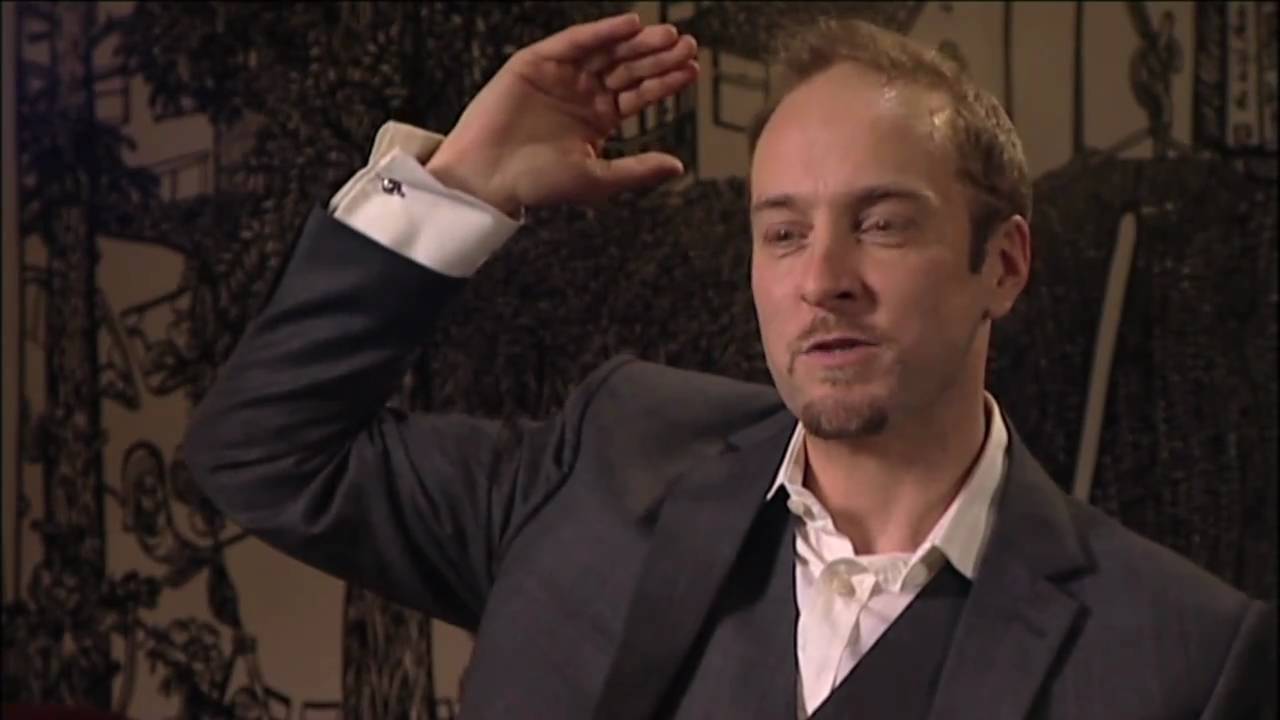When Christians argue that God is the true foundation of moral values, atheists often give the same response as illusionist Derren Brown. First, they insist that they have a robust moral code; and then they suggest that the Bible (or the Koran) is an inadequate source of moral rules.
Both replies miss the point. When Christians argue that God is the ground of morality, they are not arguing that a revelation from God –the Bible, for example – is necessary to ground morality. Nor are they arguing that we need the Bible to have moral knowledge. That would be a strange position for the Christian to take. Romans 2 and 1 Corinthians 5 assume that believers and unbelievers can have moral knowledge without knowing the Scriptures; and these passages also assume that unbelievers can be more moral than believers!
So of course we can learn moral rules from wider society, our families, literature and our consciences. The point is not that atheists cannot have moral knowledge or a moral code. Rather, the concern is that atheism cannot explain the existence of moral values and obligations. To illustrate, I might know that positrons exist by reading a few science textbooks. But because I am not a trained physicist, I lack the knowledge to explain why they exist.
Now everyone can learn something about morality from conscience and reason. But atheism struggles to explain why obligations, virtues and values exist. Why is each individual human life so precious, for example? On atheism we lack eternal significance; our universe is destined for oblivion. The cosmos does not give a jot when an innocent is murdered. Now some atheists argue that society creates moral rules; others suggest that our evolutionary history explains our moral feelings.
But then awkward questions immediately arise: are these moral rules true? Are our moral feelings accurate? Is morality a matter of taste and fashion foisted on us by our culture? Is it a blessed precious mistake, a trick of the mind played by our otherwise reliable brains? Hardly. Cultures that promote casual cruelty are undeniably wrong and mistaken. The casual torture of infants is obviously deeply wicked. But what explains that fact?
Theism can explain morality quite easily. If there is a personal God, then we have a purpose. We have been given a value by someone who transcends everything else. But if atheism is true, a child is of no lasting significance. Not one human being is. We are ephemera, chance occurrences destined for oblivion; as such, we cannot confer very much value on ourselves – or anything else.
The internationally acclaimed designer of magical illusions and theatrical special effects Jim Steinmeyer famously wrote:
Magicians guard an empty safe. There are few secrets that they possess which are beyond a grade-school science class, little technology more complex than a rubber band, a square of black fabric or a length of thread.
The illusionist expends energy, skill and showmanship; but this only serves to distract the audience. This is rather how Saints and Sceptics views secularists defending the sources of atheistic morality. Their efforts are impressive, but our deep suspicion is that they haven’t anything of real value to protect.

